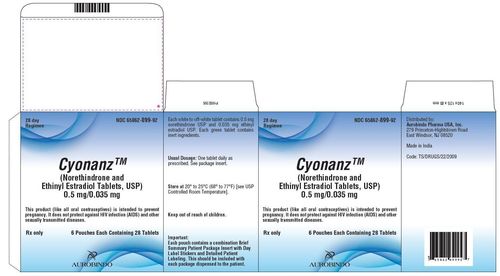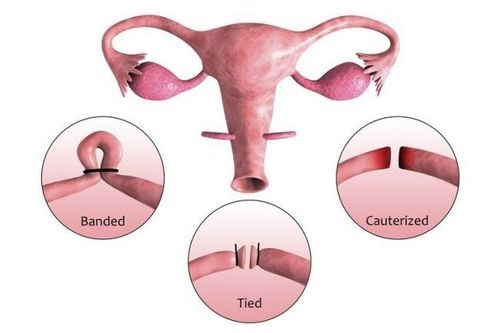This is an automatically translated article.
Birth control pills are being widely used because of their convenience and reliability. However, many women are also concerned about the health effects of birth control pills, the benefits and risks. The following 17 questions are commonly asked when using oral contraceptives.
1. Can oral contraceptives be used to reduce the frequency or stop menstruation altogether?
Today, women have more options for using birth control pills. There are birth control pills with a 24-day cycle hormone pills and 4-day placebo pills up to all-day cycles that are hormone pills.
Menstrual cycles can be relaxed every 3 months by using oral contraceptives continuously for 3 months combined with 1 week of placebo pills or low-dose estrogen. Some courses can take longer, such as delaying menstruation continuously for a year or stopping menstruation altogether.
Delaying or stopping menstruation brings a number of benefits such as:
Prevents bleeding and menstrual symptoms such as abdominal pain, headache, ... due to changes in hormone levels Skip the menstrual cycle if it coincides with important events or trips For women with iron deficiency due to heavy menstrual bleeding it helps to reduce bleeding and reduce the risk of iron deficiency During the first few months of using cyclical oral contraceptives Menstrual interval often has irregular bleeding. It stops over time or continues to happen in some women.

Trì hoãn chu kì kinh nguyệt giúp ngăn ngừa tình trạng thiếu sắt
2. Do you need to use special drugs or just regular birth control pills also work to reduce the number of periods?
Some birth control pills are designed to stop menstruation for 3 months to a year. Besides, using conventional birth control pills bypassing the placebo pill also had the same effect. However, it is best to use it according to the specified days to avoid negative health effects.
3. How long can I get pregnant if I stop taking birth control pills?
Most women ovulate again about 2 weeks after stopping birth control pills. As soon as ovulation returns, you can get pregnant. If you get pregnant during your first period after quitting birth control pills, your period will not occur. To check if you are pregnant, you can use a pregnancy test or go to an obstetrician.

Khi có kế hoạch mang thai, bạn nên ngừng sử dụng thuốc tránh thai trước đó 2 tuần
4. Is it better to wait a few months after stopping birth control pills before trying to conceive?
Concerns that conceiving soon after stopping oral contraceptives increases the risk of miscarriage remains unproven. When you stop taking the pill, the hormones in the Pill are no longer in your body.
Most women get their period back a few weeks after stopping the pill. However, periods may be slower for women with irregular menstrual cycles. After stopping the pill, if you are not ready to conceive, you should consider using birth control.
5. What if I stop taking the Pill but my period doesn't return?
No menstruation within three months after stopping the use of oral contraceptives signals amenorrhea. This can happen because ingredients in the pill prevent the body from making hormones related to ovulation and menstruation, or from taking a pill that regulates the menstrual cycle.
If you have not had a period in three months, take a pregnancy test to make sure you are pregnant or not before seeing your doctor for examination and treatment.
6. Are pregnancy test results accurate if you are taking birth control pills?
Pregnancy test with pregnancy test strips can give accurate results while taking oral contraceptives. Because the active ingredients in birth control pills do not affect the pregnancy hormone HCG present in the blood or urine.
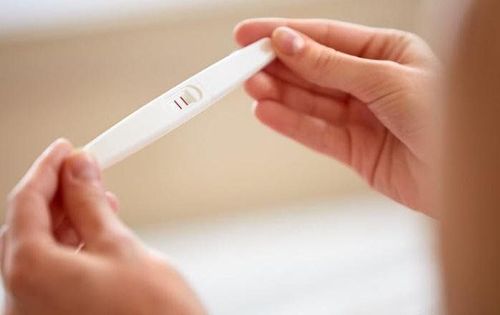
Que thử thai sẽ cho kết quả chính xác nếu đang uống thuốc tránh thai
7. What happens if I take birth control pills while pregnant?
Currently, there is little evidence linking birth defects with oral contraceptive use during pregnancy. Therefore, you should not be too worried when taking birth control pills because you do not know you are pregnant. It is important to confirm pregnancy and stop taking the medication right away.
8. Is it necessary to use more than one type of birth control pill at the same time for emergency contraception?
Combined estrogen-progestin oral contraceptives can be used for emergency contraception, provided that the appropriate dose and duration of use is consulted before use.
In addition, there are also emergency contraceptive pills on the market that contain levonorgestrel (Plan B One-Step, Take Action, Next Choice One Dose,...) or ulipristal acetate (ella):
Levonorgestrel: Sold over-the-counter to women or men of all ages. Levonorgestrel works best when taken as soon as possible and within 3 days of having unprotected sex. Ulipristal acetate (ella): Is a hormone-free drug that is available by prescription only. This medication is taken as a single dose for up to 5 days after unprotected sex.
9. Does weight decrease the effectiveness of emergency contraception?
Body mass index BMI > 30 affects the effectiveness of levonorgestrel emergency contraception. You can get pregnant after taking this type of birth control pill. BMI has almost no effect on the effectiveness of the oral contraceptive ulipristal or copper-containing IUDs.
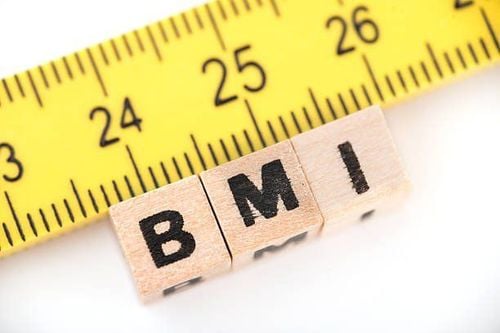
Chỉ số BMI chỉ có thể ảnh hưởng đến một số thuốc tránh thai
10. I have been taking birth control pills for many years and want to stop, can I stop at any time or have to finish my current pill pack?
You can stop taking birth control pills at any time. As far as overall health is concerned, it doesn't matter much other than changing the rhythm of the menstrual cycle.
11. Is it possible to get pregnant during the week of taking the placebo pill?
The placebo pill period did not increase the risk of an unwanted pregnancy. If you are using the birth control pill exactly as directed, it is 99% effective at preventing pregnancy.
Conversely, if you miss one or more pills during your period, the risk of an unwanted pregnancy is higher during that cycle. To be on the safe side, you should use backup forms of birth control like condoms, especially during cycles that miss multiple pills.
12. Do birth control pills cause weight gain?
Birth control pills have very little effect on weight. If you feel like you're gaining weight, it's because your body stores more water, especially in your chest, hips, and thighs. The estrogen in birth control pills has an effect on fat cells, causing them to increase in size but not more.
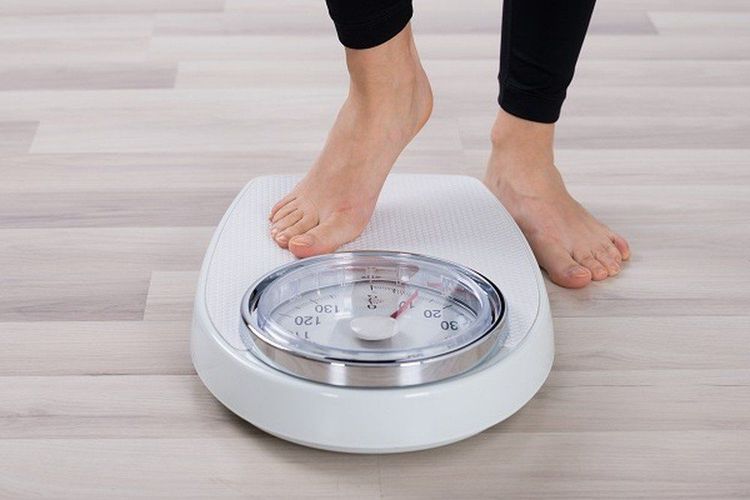
Thuốc tránh thai gần như không ảnh hưởng đến tăng cân
13. How does oral contraceptives affect cancer risk?
Scientific evidence shows that long-term use of oral contraceptives increases the risk of certain cancers such as cervical cancer and liver cancer, but results have been inconsistent. Most data suggest that oral contraceptives do not increase the overall risk of cancer. On the other hand, oral contraceptives can reduce the risk of other types of cancer, including ovarian cancer and endometrial cancer.
Regarding breast cancer risk, some early research suggests a link between pill use and breast cancer. This may be due to the high doses of estrogen found in birth control pills used in the 1970s. However, today's pills have much lower doses of estrogen and more recent studies suggest taking the pill. Birth control does not increase breast cancer risk. Studies have also found no link between breast cancer risk and oral contraceptive use in women with a family history of breast cancer.
14. Do birth control pills affect cholesterol levels?
Birth control pills can affect cholesterol levels in the body. The degree of effect depends on the type of pill you are taking and the level of estrogen or progestin in it. Birth control pills with more estrogen may slightly affect blood lipid levels. In general, however, the changes are insignificant and do not affect overall health.
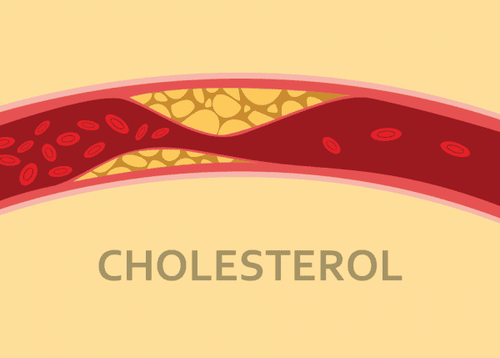
Thuốc tránh thai ảnh hưởng rất ít đến mức cholesterol
15. Do birth control pills affect blood pressure?
Birth control pills can slightly increase blood pressure. If you take birth control pills, have your blood pressure checked regularly. If you already have high blood pressure, talk to your doctor about whether you should switch to another form of birth control.
16. Can women over 35 years old continue to take birth control pills?
If you are healthy and don't smoke, you can continue to take oral contraceptives after the age of 35. However, oral contraceptives are not recommended for people 35 years of age and older who smoke as they increase the risk of pregnancy. heart-related diseaes . In that case, you need to quit before you can safely continue using the Pill.

Bạn cần bỏ hoàn toàn thuốc lá nếu muốn uống thuốc tránh thai ở tuổi 35
17. Can antibiotics reduce the effectiveness of birth control pills?
The effect of antibiotics on oral contraceptives may be exaggerated, except in the case of the antibiotic rifampin (Rimactane). Rifampin reduces the effectiveness of birth control pills by preventing ovulation, but this antibiotic is not widely used today.
Knowledge about birth control pills as well as its side effects and risks will be the basis for women to consider before deciding whether to use them or not, if so, which type to use. To ensure effective contraception while still being safe for your health, you should see your doctor for the most complete advice.
Vinmec International General Hospital is the address for examination, treatment and prevention of many diseases, including the specialty of Obstetrics and Gynecology. Therefore, if you are looking for a place to visit and want to have a suitable method of contraception, you can go to Vinmec for the best advice from experienced and qualified doctors. With the dedication and enthusiasm of the medical team, along with modern facilities will definitely make you satisfied.
Please dial HOTLINE for more information or register for an appointment HERE. Download MyVinmec app to make appointments faster and to manage your bookings easily.
Reference source: mayoclinic.org







